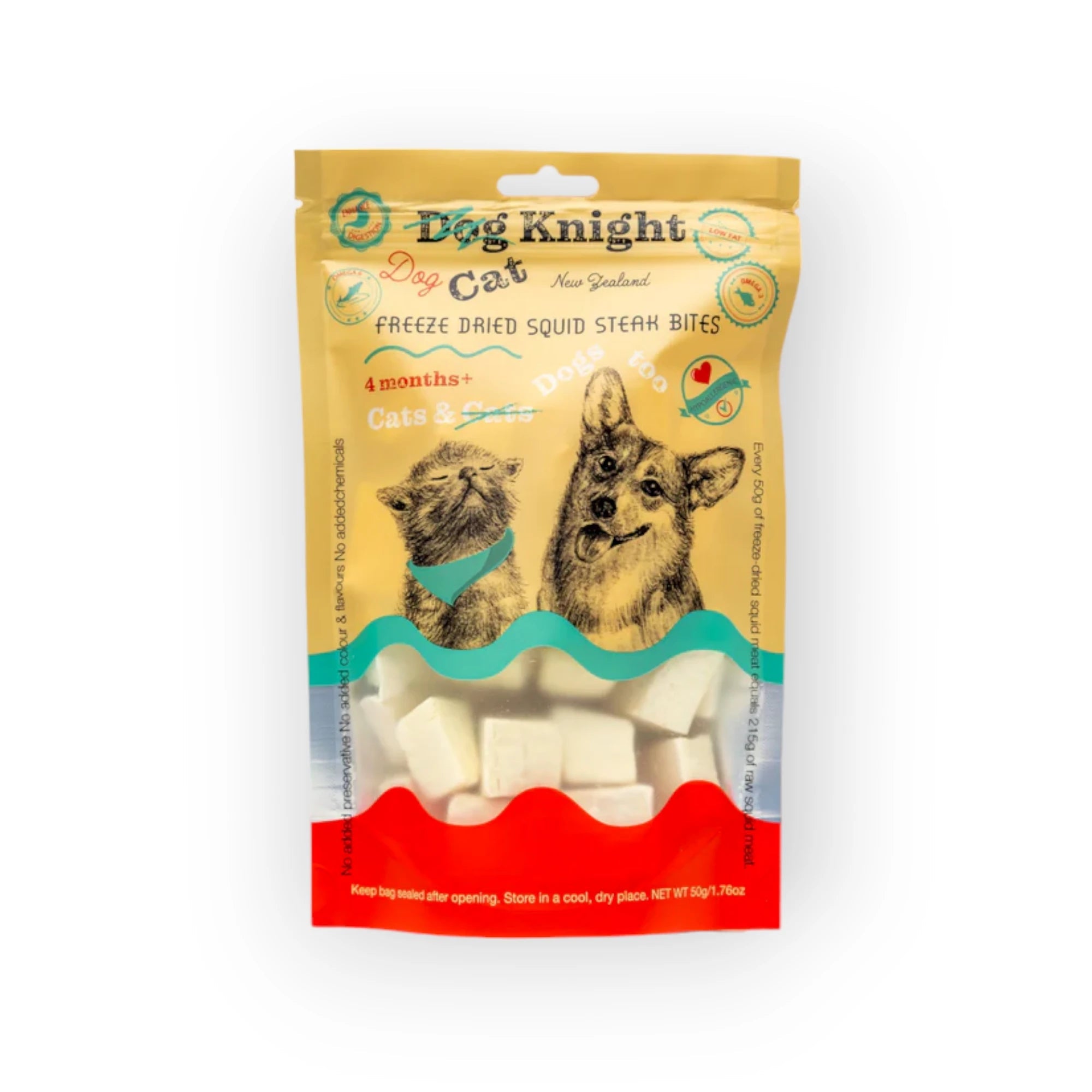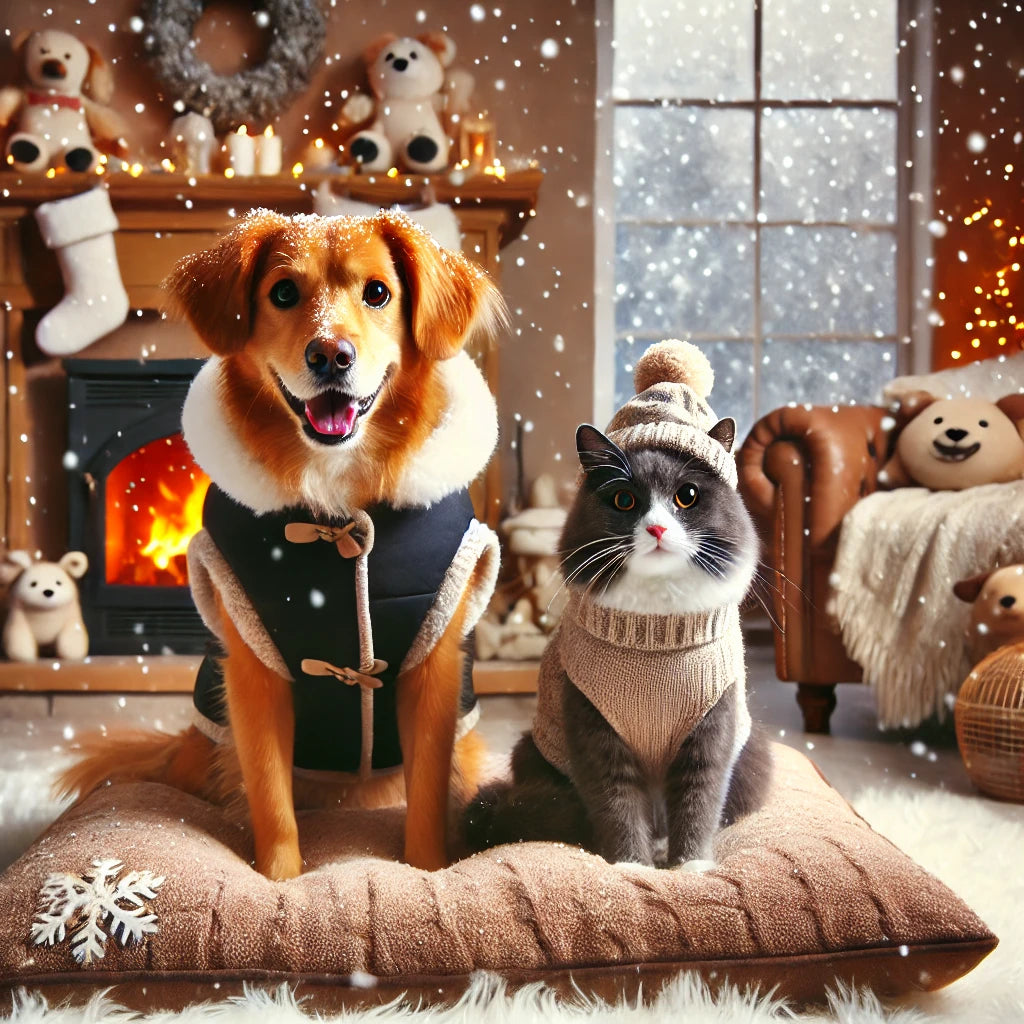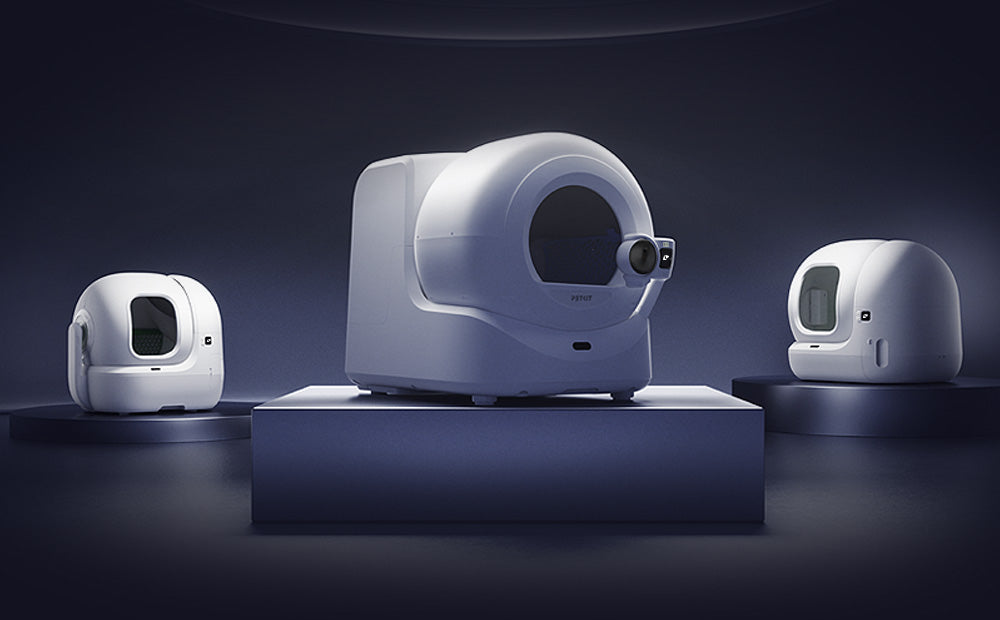If your cat has suddenly stopped eating, it's essential to determine the underlying cause and take appropriate action. Here are some common reasons why cats may refuse food and solutions to help them start eating again.
Common Causes
-
Medical Issues 🩺
- Dental Problems: Cats can develop dental diseases such as gingivitis, tooth abscesses, or fractures, causing oral pain that deters them from eating. Look for signs like drooling, bad breath, or bleeding gums. A vet can perform a dental examination and provide necessary treatment.
- Gastrointestinal Issues: Conditions like pancreatitis, inflammatory bowel disease, or constipation can make eating uncomfortable. Symptoms may include vomiting, diarrhea, or lethargy. Consult your vet for a diagnosis and treatment plan.
- Respiratory Diseases: Upper respiratory infections can affect a cat’s ability to smell, which impacts their appetite. Other symptoms might include sneezing, nasal discharge, and labored breathing.
- Chronic Illnesses: Diseases such as kidney disease, diabetes, and hyperthyroidism can lead to a loss of appetite. These conditions require veterinary attention for proper management.
-
Behavioral and Environmental Factors 🌿
- Stress and Anxiety: Changes in the home environment, such as moving, new pets, or alterations in routine, can stress cats and cause them to stop eating. Providing a quiet, safe space and maintaining a consistent routine can help reduce stress.
- Food Preferences: Cats can be picky eaters. They may reject food due to changes in flavor, texture, or even the shape of their food. Gradually introduce new foods and ensure their diet is varied to maintain interest.
-
Other Causes 🚫
- Food Spoilage: Ensure the food you provide is fresh and has not expired. Cats can detect spoiled food and may refuse to eat it.
- Bowl Issues: Some cats are sensitive to the type of bowl they eat from. Plastic bowls can cause allergies, while metal bowls might give a slight electric charge. Switching to ceramic or glass bowls can resolve this issue.
Solutions
-
Consult a Veterinarian 🏥
- If your cat hasn’t eaten for more than 24-48 hours, seek veterinary advice immediately. Early intervention can prevent severe complications such as hepatic lipidosis, a potentially fatal liver condition.
-
Encourage Eating 🍗
- Warm the Food: Heating wet food slightly can make it more aromatic and appealing to your cat.
- Offer Variety: Try different flavors, textures, and types of food (wet, dry, raw) to see what your cat prefers.
- Hand Feeding: Sometimes, hand-feeding can encourage a reluctant cat to start eating.
- Add Freeze-Dried Treats: Mixing freeze-dried treats into your cat's food can entice them to eat due to the enhanced flavor and texture. Check out our freeze-dried treats collection for some great options.
-
Reduce Stress 😌
- Create a calm and quiet environment during mealtimes. Use pheromone diffusers to help alleviate anxiety.
-
Maintain Hydration 💧
- Ensure your cat has access to fresh water at all times. Adding water or low-sodium broth to their food can also help keep them hydrated and more likely to eat.
- Petkit Drinking Fountain: Consider using our Petkit drinking fountain to encourage your cat to drink more water. The continuous flow of fresh, filtered water can be more enticing than a stagnant bowl.
By identifying the reason behind your cat’s refusal to eat and taking appropriate steps, you can help them regain their appetite and maintain their health. Always consult with a veterinarian to ensure your cat receives the best care possible.





